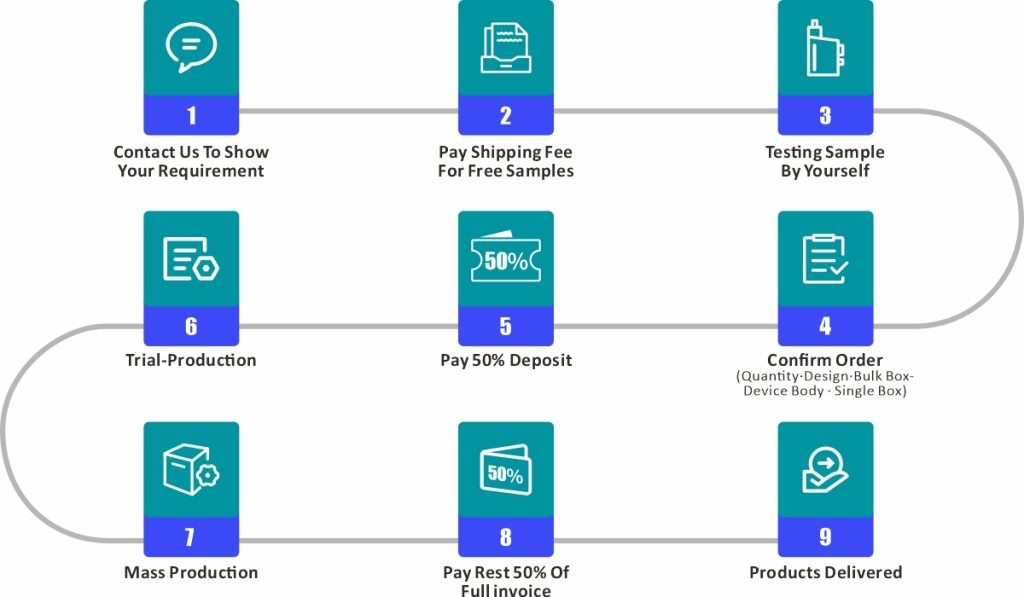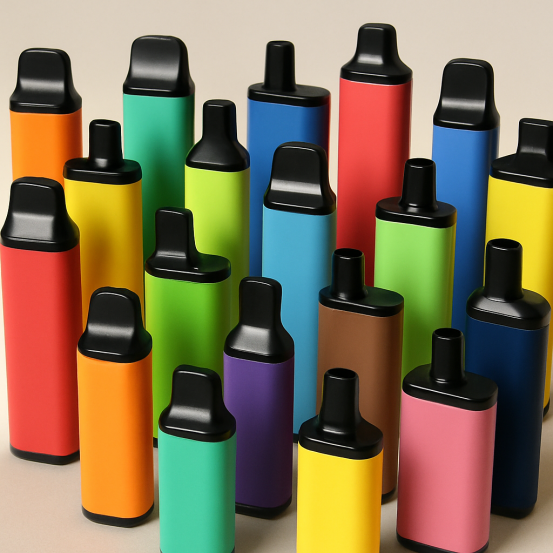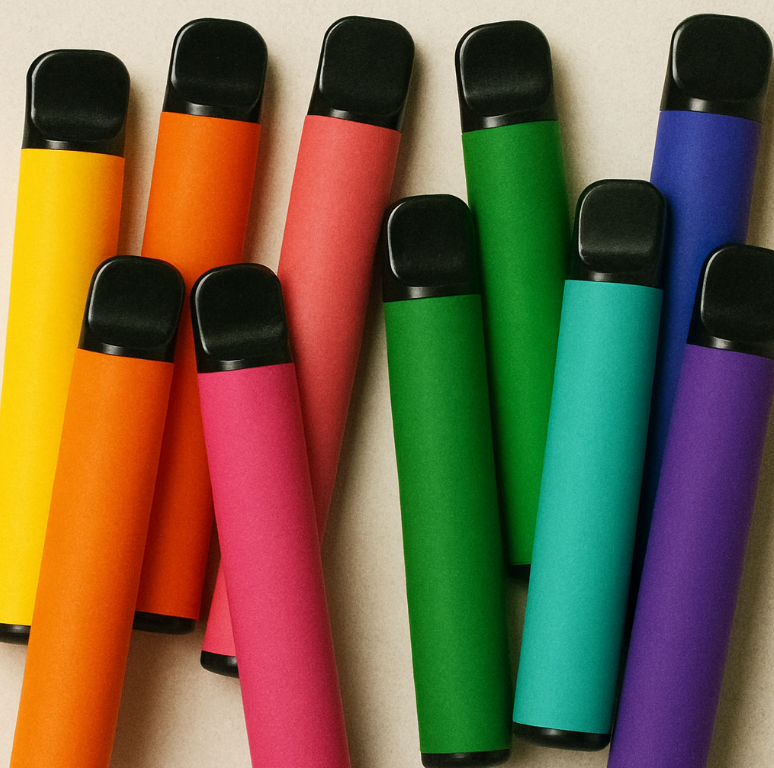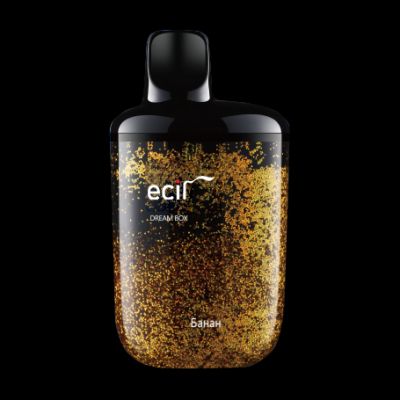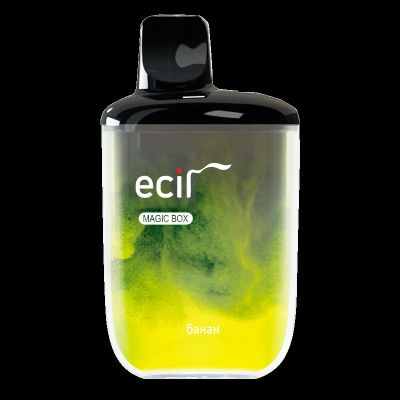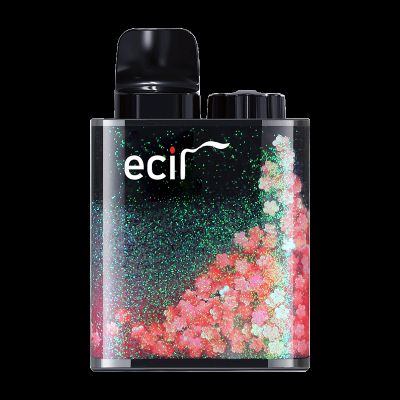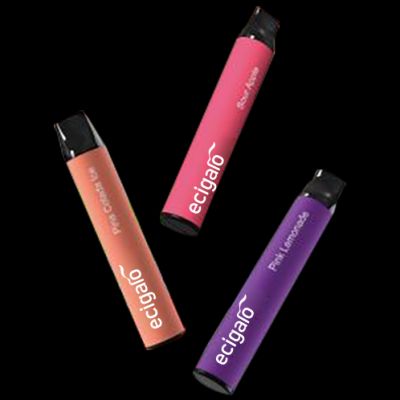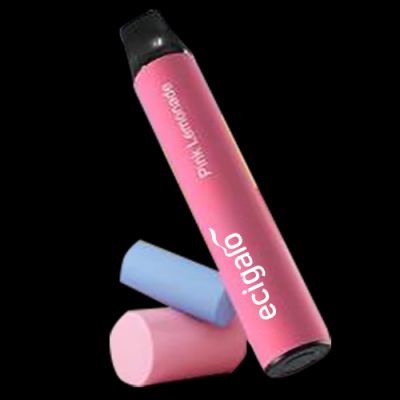Does Dry Herb Vaporizer Smell Linger? A Detailed Exploration
A common question asked by those new to dry herb vaping is whether dry herb vaporizers produce a lingering smell. Unlike traditional smoking, which involves combustion and creates noticeable and pungent odors, dry herb vaporizers heat the herb to a temperature that releases vapor, not smoke. But does this process leave behind an odor, and how long does it last? Let's dive into the factors that influence the smell of dry herb vaporizers, and whether the vaporizer smell lingers after use.
Understanding Vaporizer Smell
When you heat the herb in a dry herb vaporizer, it doesn't burn. Instead, the herb is heated to a precise temperature where the active compounds, such as cannabinoids (THC, CBD) and terpenes, are released as vapor. These compounds are responsible for the scent of the plant material, and they can vary from subtle to strong depending on several factors. While vaping doesn’t produce the heavy, acrid smoke of combustion, dry herb vaporizers do produce a vapor, which carries the plant's scent.
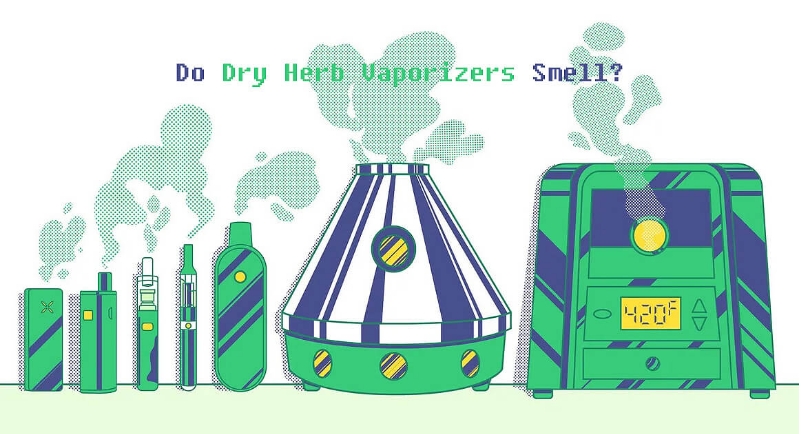
Does a Dry Herb Vaporizer Have a Noticeable Smell?
Yes, dry herb vaporizers do have a noticeable smell, but it is typically far less potent than the odor produced by smoking. The smell is often described as a more subtle, herbal aroma. Because the vaporizer heats the herb without burning it, the vapor produced tends to dissipate much quicker than smoke from traditional smoking methods. This is a key advantage for users who seek discretion in their vaping experience.
However, the smell of a dry herb vape is still dependent on the temperature settings. If you heat the herb at higher temperatures, the vapor will be denser and the smell stronger. Conversely, using a lower temperature setting results in less vapor production, meaning the smell will be milder and dissipate more quickly. Therefore, while there will be a noticeable smell, it is generally less intense and shorter-lived than smoking.
The Impact of Temperature Settings on Vaporizer Smell
Temperature control is crucial when it comes to managing the vaporizer smell. Different compounds within the herb vaporize at different temperatures. At lower temperatures, you’ll release more flavorful terpenes with less odor. However, if the vaporizer heats the herb at higher temperatures, it produces more vapor, which can lead to a stronger smell due to the increased release of volatile compounds.
For example, most dry herb vaporizers have temperature settings ranging from 330°F to 430°F (165°C to 220°C). At the lower end of this range, the vapor production is less, and the smell is much subtler. As the temperature rises, more vapor is produced, and the smell may become more noticeable, especially when using convection vaporizers that rely on hot air to heat the herb evenly.
How Long Does the Smell Linger?
After using a dry herb vaporizer, the smell generally doesn’t linger as long as it does with smoking. The vapor tends to dissipate quickly, particularly if you are in a well-ventilated area. Opening a window or using a fan can help clear the air faster. If you’re using a portable vaporizer, the smell will be much more contained than with a desktop vaporizer, which has a larger chamber for herb and may produce more vapor.
If you're in an enclosed, poorly ventilated area, the smell may linger for a while longer. However, it will still be less noticeable compared to the strong smell of smoke from traditional smoking methods. Vaporizers that use convection heating methods tend to produce the least lingering odor, as they heat the herb with hot air rather than direct contact with the heating element, reducing the chances of a strong smell.
Factors Affecting Vaporizer Smell
Several factors can influence the strength of the vaporizer smell:
Type of Herb: The strain of cannabis or herb used can affect the intensity of the smell. Some plants naturally have more pungent terpenes, which result in a stronger aroma when vaporized.
Vaporizer Type: The type of vaporizer plays a big role in the smell. Convection vaporizers, which heat the herb with hot air, tend to produce less noticeable smell than conduction vaporizers that heat the herb through direct contact with a hot surface.
Herb Quality: Higher quality herbs often produce more flavorful vapor and can emit a stronger smell. Well-cured herbs with higher levels of terpenes typically release a more noticeable aroma.
Dry Herb Vaporizers vs. Smoking
One key difference between using a dry herb vape and smoking is the nature of the scent. Smoking involves combustion, which burns the plant material and creates smoke that is full of toxins and chemicals that cause a heavy, pungent smell. In contrast, when a vaporizer heats the herb, it doesn’t burn it. Instead, the herb is vaporized, which results in a cleaner vapor that has a lighter and less invasive odor. Additionally, because vaporizers heat the herb to lower temperatures than combustion, they produce less volatile organic compounds (VOCs), making the smell less intense and less likely to stick to surfaces.
The scent of vapor produced by a dry herb vape is often described as being less intrusive and more natural than the odor produced by smoking. For many users, this makes vaporizing a more desirable option, particularly for those looking to minimize the lingering smell.
How to Reduce the Smell of Dry Herb Vaporizers
If you're concerned about the smell lingering after your session, there are a few strategies you can employ:
Use a Ventilated Area: Always try to use your vaporizer in a well-ventilated area. Open a window or use a fan to help disperse the vapor and reduce the smell.
Choose Convection Vaporizers: Convection vaporizers are typically more efficient at heating the herb without causing it to emit strong smells, as they use hot air to evenly vaporize the herb rather than direct heat.
Opt for Lower Temperatures: Lower temperature settings will produce less vapor and a more subtle smell, making it less likely to linger.
Clean Your Vaporizer Regularly: Over time, residue from the vapor can accumulate in your device, which may contribute to odor. Regular cleaning can help prevent this and ensure that your vaporizer stays fresh.
Conclusion
Dry herb vaporizers do produce a smell, but it is generally much less noticeable and less persistent than the smell associated with smoking. The key to minimizing odor is understanding how different factors like temperature settings, herb type, and vaporizer design affect the vaping experience. By using the right techniques and selecting the appropriate vaporizer, you can enjoy a cleaner, more discreet vaping experience with less lingering smell.
If you're concerned about the smell while using a dry herb vaporizer, opting for a well-ventilated area, adjusting the temperature, and choosing a high-quality convection vaporizer are all excellent ways to minimize odor. Whether you're new to vaping or a seasoned user, understanding these factors will help you make the most of your dry herb vaporizer and enjoy a pleasant and discreet experience every time.
Resources:
1. Vapor.com - Guide to Dry Herb Vaporizers
This article explores how dry herb vaporizers work, the different heating methods (convection vs. conduction), and how these affect vapor production and odor.
https://www.vapor.com
2. Leafly - How Does a Dry Herb Vaporizer Work?
Leafly is a trusted resource on cannabis, and this article explains how dry herb vaporizers extract active compounds through vaporization rather than combustion.
https://www.leafly.com
3. The Vape Critic - Best Dry Herb Vaporizers
The Vape Critic offers detailed reviews of various dry herb vaporizers, discussing performance, odor management, and overall user experience.
https://www.vapecritic.com
4. VapePen.com - Dry Herb Vaporizer Guide
This guide explains the different types of dry herb vaporizers, including their heating methods (convection and conduction) and their impact on smell.
https://www.vapepen.com
5. DynaVap - How to Use a Vaporizer for Discreet Vaping
DynaVap, a leading vaporizer manufacturer, offers insights on how to use vaporizers to minimize odor and achieve precise temperature control.
https://www.dynavap.com
6. Health Canada - Cannabis Vaporizing and Health Risks
Health Canada provides official information on the health impacts of cannabis vaporizing, including how odor is produced and its safety.
https://www.canada.ca/en/health-canada.html
7. The Cannabist - Understanding the Difference Between Smoking and Vaping
This article compares smoking and vaping, particularly focusing on the differences in odor production and the health implications of each method.
https://www.thecannabist.co


